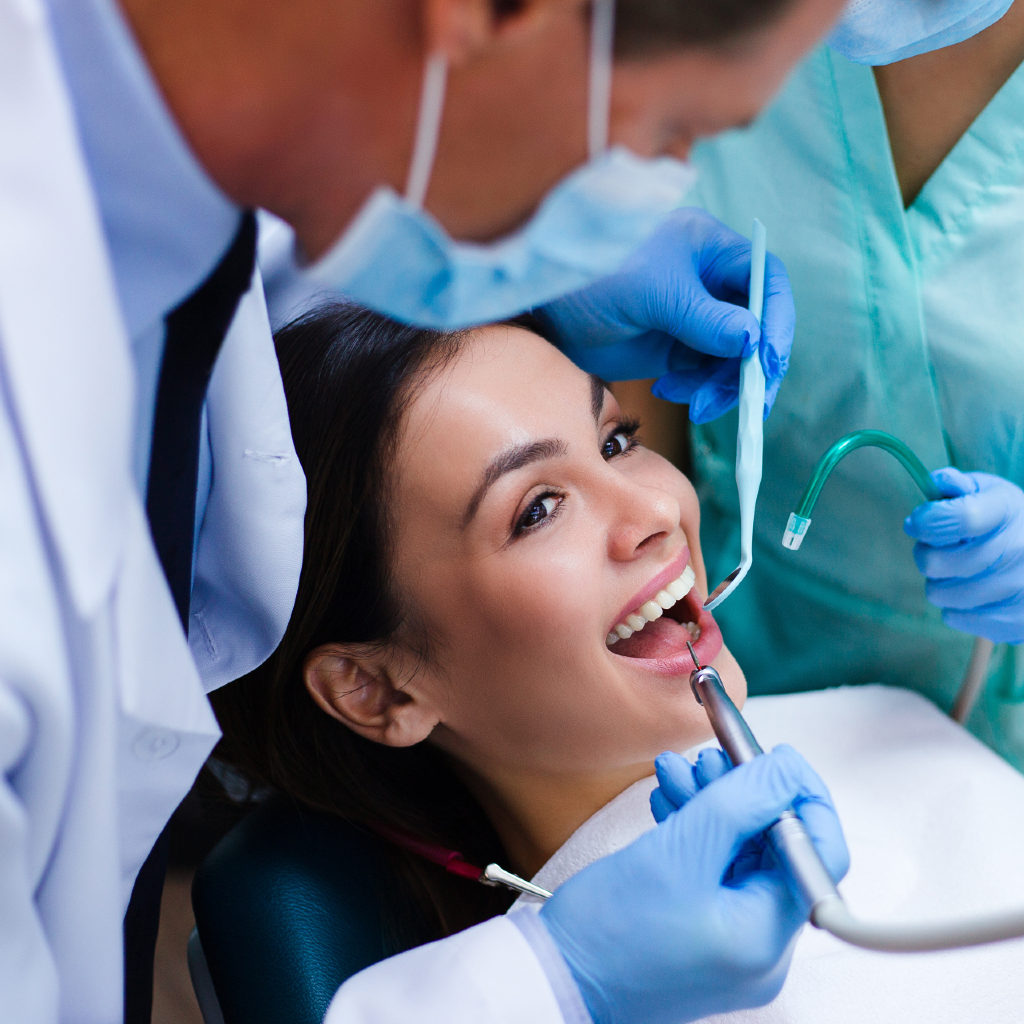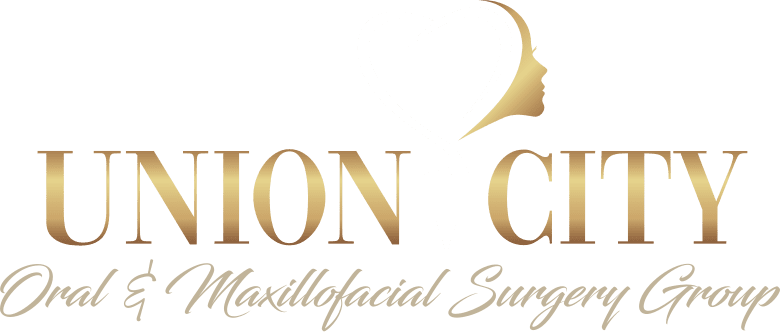Sinus Lift
People are familiar with the more common dental procedures, such as root canals, but there are many different types of dental and oral maxillofacial procedures. People need to understand the various procedures and treatments to make educated decisions on their oral health. While a sinus lift sounds intimidating, it’s vital to understand what a sinus lift is and how it could benefit you.
We are proud to provide our patients with the resources, information, and tools necessary to make well-informed oral health decisions at Union City Oral Surgery Group. We aim to create a comfortable space for our patients to get the oral help they need. Find dedicated and experienced oral professionals by contacting us at Union City Oral Surgery Group today.
What Is a Sinus Lift?
One of the key elements of a successful implant is the quantity and quality of the bone where the implant is placed. The upper back jaw is traditionally one of the most difficult areas to successfully place a dental implant due to insufficient bone quality and quantity. The difficulty is also due to the close proximity of the sinus. If a person loses bone in that area due to tooth loss or periodontal disease, they may not have enough bone left to place an implant.
A sinus lift surgery in Union City, NJ (or sinus augmentation) can help correct the issue by raising the sinus floor and developing bone for dental implant placement. Several techniques can be used for this procedure.
One of the most common techniques is making an incision in the gum to expose the bone. Then, a small circle is cut into the bone. The bony piece is then lifted into the sinus cavity and the space underneath is filled with bone graft material. Several graft material options can regenerate lost bone and tissue.
Once the bone graft is filled, the incision is closed, and healing can start. Depending on the person’s needs, the bone is usually allowed to develop for 4 to 12 months before implants are placed. After the implants are placed, an additional healing period is necessary. Undergoing a sinus lift has been shown to significantly increase the chance of a successful implant lasting for years.
When Would You Need a Sinus Lift in Union City, NJ?
A sinus lift is great for patients that need a dental implant, or who may also be suffering from the following issues:
- Sinus cavity is too close to the upper jaw and may interfere with the implant
- Tooth loss resulted in bone loss
- Loss of bone due to gum disease
- Loss of the back upper molars (the area that naturally has less bone)
- A congenital birth defect or other conditions that lead to loss of bone structure
The only way to be sure you require a sinus lift is to visit an oral specialist to ensure you understand the best treatment option.
Preparation for a Sinus Lift
Getting a dental implant can be a multi-step process, with a sinus lift and bone graft being earlier steps in the process. The dental impact process generally goes as follows:
- During an initial consultation, the doctor discusses the goals for dental implants
- The doctor then examines your teeth, mouth, and gums
- After the examination, you may undergo imaging studies (X-rays or computed tomography scan) to identify jawbone health and other key structures in the skull
- Undergo sinus lift surgery if needed
- A dental implant holder will be placed and inserted
How long each step of this process takes depends on the overall oral health of the patient.
The Sinus Lift Procedure
There are several different approaches to sinus lift surgery in Union City, NJ. The ideal approach depends on how much bone currently exists in the jaw, the type of bone graft the doctor is using, and the potential approach for dental implant placement. Some of the basic steps include:
- You may be given oral or intravenous sedatives, or a dentist may numb the area with a local anesthetic
- The surgeon will identify and make an incision into the back area of the gum tissue and expose the bone
- They will then make a small cut (avoiding the sinus membranes)
- The cut portion of the bone will be lifted into the sinus cavity, which raises the membrane
- Then bone graft materials will be applied
- Sutures are used to close the incision in the gums
Following the procedure, you will be given instructions to aid your recovery.
Sinus Lift Recovery Steps
Some of the most common sinus lift side effects are swelling and bleeding. However, the discomfort only usually lasts a few days. The most common concern for sinus lift surgery is the perforation of the membrane. The membrane lines the maxillary sinus cavity, and its perforation increases the risk of sinus infection and chronic sinusitis. If this occurs during surgery, the doctor will likely provide you with the following recovery instructions:
- Take antibiotics to avoid infection
- Avoid vigorously blowing your nose and sneezing, as this can affect the bone graft material placement
- Avoid brushing your teeth for a certain period to keep from dislodging any clots or bleeding
- Take pain relievers as instructed
- Refrain from drinking from a straw as this dislodges blood clots that prevent bleeding
- Refrain from smoking, which can impair healing time
If you experience chronic and intense pain or bleeding that isn’t improving, it’s best to contact your surgeon as soon as possible.
Contact Our Skilled Union City Oral Surgery Group Sinus Lift Surgeon Today
A sinus lift in Union City, NJ can pave the way for a successful dental implant procedure by building a stronger anchor of bone. However, not everyone requires a sinus lift for a successful dental implant. It’s important to understand your overall oral help to make the most informed decisions.
At Union City Oral Surgery Group, we will carefully evaluate your jawbone’s health before proceeding with a procedure or treatment. We pride ourselves in centering our patients for their oral health journey. Our dedicated team of oral specialists is committed to making sure our patients have the support they need to improve their health. Contact our offices today at (201) 601-9262 or complete our online contact form.


